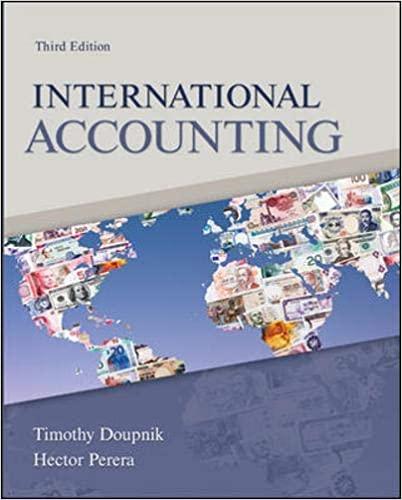Question
Scott Jenkins purchased $12,000 worth of stock of XYZ industries many years ago. Today is July 23rd, and his investment has declined in value to
Scott Jenkins purchased $12,000 worth of stock of XYZ industries many years ago. Today is July 23rd, and his investment has declined in value to $5,150. Scott decides to sell the investment for $5,000 in proceeds, net of transaction costs. Three weeks later, Scott reads an article that is very optimistic about XYZ's prospects. Scott decides to buy XYZ's convertible bonds, and does so at a cost of $10,000. The conversion value on these bonds is such that Scott may convert his bond interest into an equity interest for exactly one-half the amount of shares that Scott sold three weeks earlier. Which of the following statement(s) is (are) correct?
(I) Scott need not worry about the wash sale rule since he sold stock and bought a bond. (II) Scott's entire loss on the stocks will be disallowed. (III) The wash sale rule would not apply if Scott bought a call option on XYZ stock, since options are truly derivative instruments and do not affect the underlying stock. (IV) One-half of Scott's stock loss will be disallowed, and the basis in the convertible bonds is $13,500. (V) Eventually, Scott will be able to recognize the full economic value of his entire stock loss.
Step by Step Solution
There are 3 Steps involved in it
Step: 1

Get Instant Access to Expert-Tailored Solutions
See step-by-step solutions with expert insights and AI powered tools for academic success
Step: 2

Step: 3

Ace Your Homework with AI
Get the answers you need in no time with our AI-driven, step-by-step assistance
Get Started


